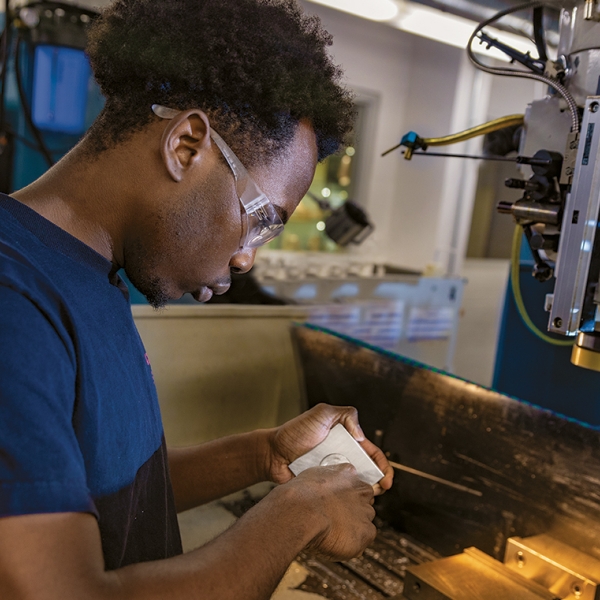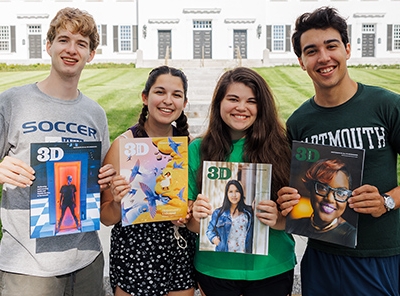What can artificial intelligence teach us about human cognition? That's just one of the many research questions that Dartmouth's Minds, Machine, and Society group is investigating. The group's principal investigator, Soroush Vosoughi, is an expert in the fields of machine learning and natural language processing.
You had been researching large language models—the technology that powers ChatGPT and systems like it— years before OpenAI released its model.
Yes. I'm interested in using AI and machine learning to better understand how humans use language. Machine learning allows systems to learn from data, similar to humans. I'm particularly interested in a subset of machine learning called natural language processing, where the data in question is linguistic data.
How would you describe the focus of the Minds, Machine, and Society research group?
We're interested in applying machine learning to understanding societal problems. One thread we're working on is analyzing large language models for what we call "antisocial tendencies"—a model's tendency to be stereotypical, biased, or use hate speech, for example. We try to measure those tendencies, understand them, and importantly, mitigate them. We're also studying the relationship between artificial intelligence and human cognition.
What is your teaching philosophy?
I'm a big believer in doing as a means of learning. All of my classes are assignment- and project-based, and my students can build the systems that they learn about. I actually incorporate AI systems and models into my teaching and assignments, teaching students how to incorporate them into their work so that they're free to do more interesting, creative thinking.
Why study all of this in the liberal arts context?
After teaching at Dartmouth for the last several years, I've really come to appreciate the value of a liberal arts education, which allows students to think in ways that will help them no matter what career trajectory they take. If you want to be a good engineer, you could learn about a particular field like mechanical engineering—or better yet, you could learn how to become a good problem solver, and then you can apply that skill to any field.
You spent most of your early career in Boston. Did anything surprise you about Hanover?
When I first came here, I realized that you could see the Milky Way with your naked eye. I never knew that you could do that. I love going hiking, camping, and canoeing, and there's really no better place for it.
Photograph by Don Hamerman




